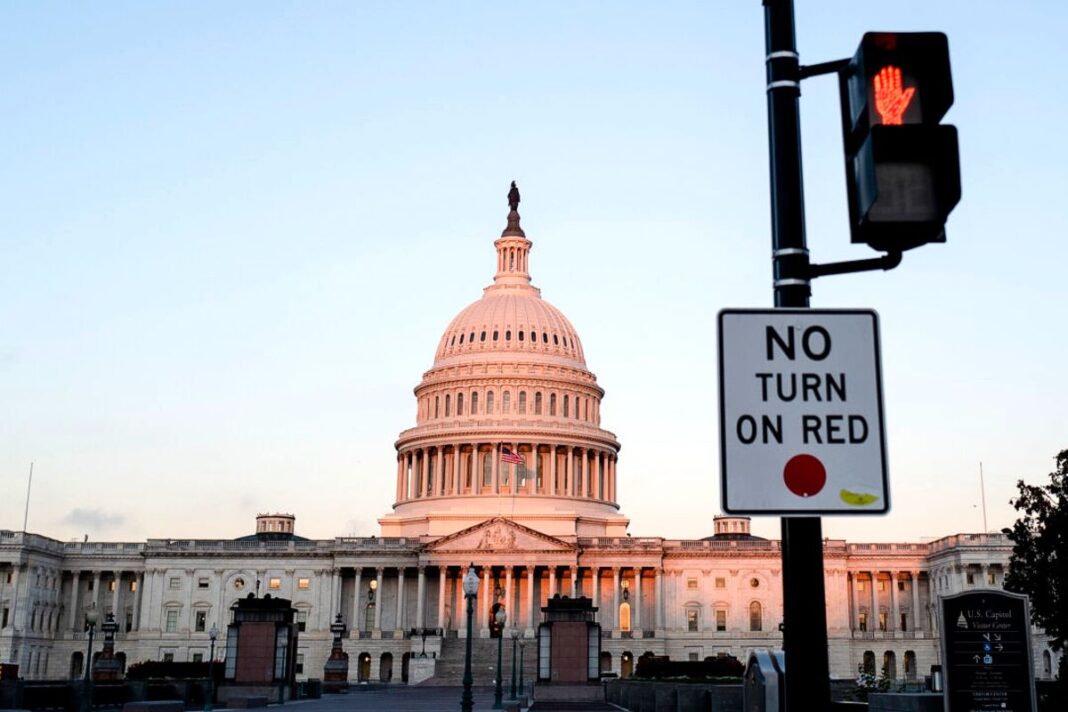‘We’re cutting unnecessary red tape,’ Health Secretary Robert F. Kennedy Jr. said.
Health officials announced on Oct. 29 that they are proposing the elimination of testing requirements for biosimilars, or generic versions of biologic drugs.
The Food and Drug Administration in draft guidance said it will reduce instances where large human trials are required for biosimilars.
If a comparative analytical assessment shows that a biosimilar is similar to a biologic, then a comparative efficacy study “may not be necessary,” the guidance states.
“We’re cutting unnecessary red tape, reducing uncertainty, and making it easier for innovators to bring safe, affordable biosimilars to the market,” Health Secretary Robert F. Kennedy Jr., whose Department of Health and Human Services includes the FDA, said at a news conference in Washington.
Biologics include medications for cancer and autoimmune disorders. They comprise 5 percent of the prescriptions in the United States, but as of 2024 accounted for 51 percent of drug spending, the FDA said. Some of the spending came from the government-funded Medicare and Medicaid programs.
Biosimilars typically cost less than similar biologic drugs, and help drive down the cost of the biologics, according to officials.
Under existing regulations, which Kennedy and FDA Commissioner Dr. Marty Makary said were outdated and too cumbersome, it takes five to eight years to bring biosimilars to market.
The updated guidance will cut that time in half and save companies $100 million in costs, said Makary, citing discussions with unspecified companies.
“Lowered prices for drug development means lower R&D costs and lower prices for everyday Americans,” he told the briefing.
Congress laid out the approval pathway for biosimilars in a 2010 law called the Biologics Price Competition and Innovation Act.
The FDA has approved 76 biosimilars, including several generic versions of Actemra, a drug prescribed for rheumatoid arthritis and other conditions. In 2024, it approved 41. That year, the European Medical Agency approved 110.
Makary said the FDA should have approved 200 or 300 biosimilars by now.







